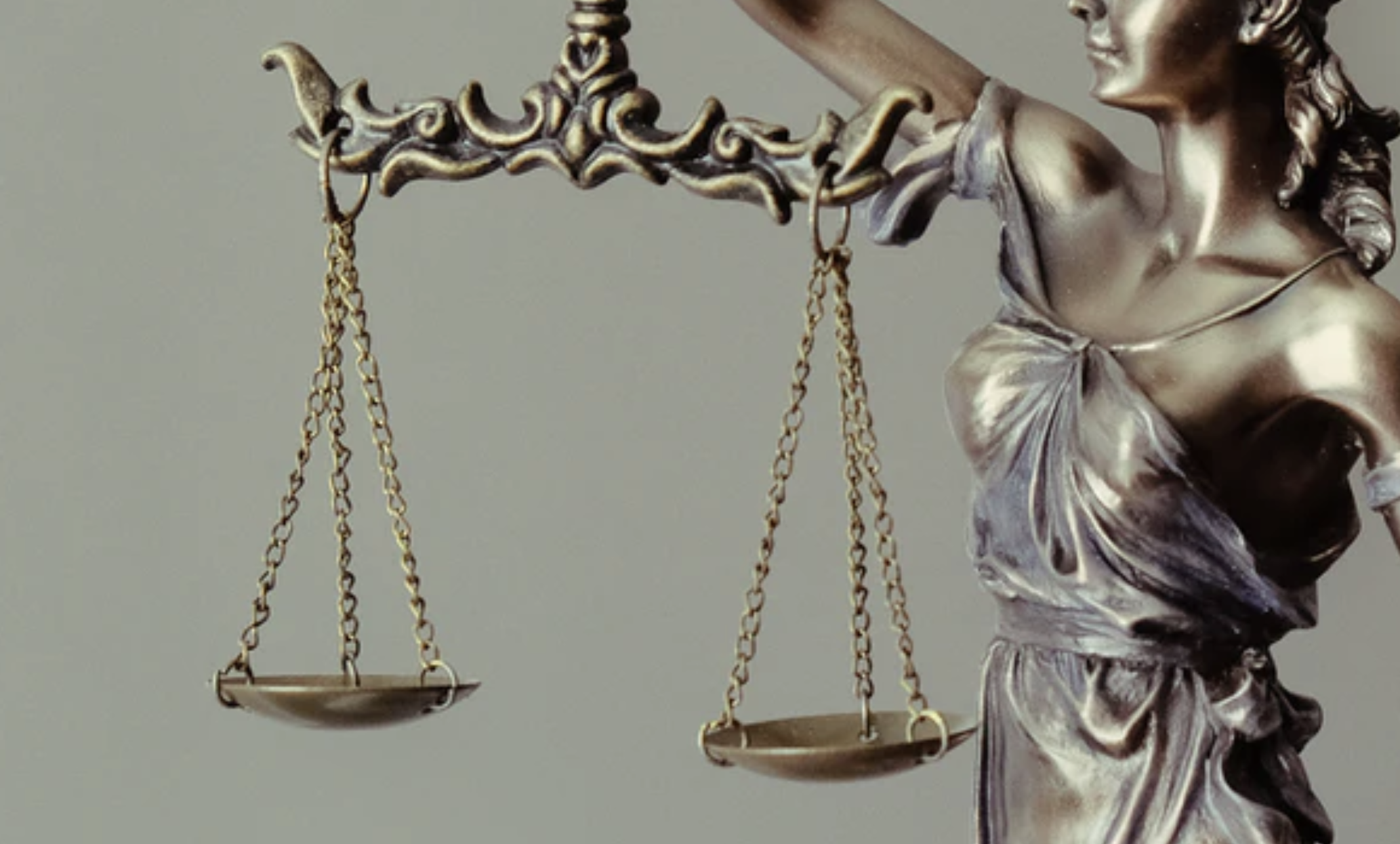The inevitable debates as schools reopen in the fall provide a chance for student civic formation


Anyone spending time online is now seeing stories of cancelled high school graduations, even as some graduations go on much as they traditionally have. But for most administrators, the question of how to handle the next school year is already upon them, and while they are now receiving friendly advice from many quarters, they know they may face harsh public criticism for their perceived lapses when September comes.
However unpleasant those barbs could be, perhaps they can be turned to educators’ advantage when it comes to inculcating character in their students—a discussion point, or a “teachable moment” in which they can help students see ways to tolerate mistakes and errors for the right reasons, not the wrong ones.
Over the past few months, the public debate over shelter-in-place orders and their effects on families, businesses, and public institutions like schools has been often been ferocious and unforgiving. Yet it does not have to be that way, as Joshua Gibbs, whose thoughts we’ve featured here before, wryly observes in a recent post for the Circe Institute. Gibbs ponders the things that because he left Facebook, he hasn’t done wrong:
Having quit Facebook six months ago, I have no idea what my thousand or so friends think of the pandemic. They don’t know what I think of it, either. So far as my own opinions go, this is for the best. My feelings about the pandemic have changed quite a bit in the last eight weeks.
If I had convinced anyone of my opinions on the quarantine when it started, I would now be trying to convince them of something else. Simply put, my own thoughts on the pandemic may be passionate, but they are not stable, which means it would be reckless on my part to share them. Having escaped Facebook, though, I am not tempted to inflict my dumb ideas about the pandemic on anyone. Had I remained on Facebook through the pandemic, I am sure I would have ultimately snapped at someone whose thoughts about the matter were as spontaneous and misinformed as my own. I would have been shocked that my friends—who had appeared so reasonable and so generous before—could be so blind, so callous, and so illogical about matters related to the coronavirus. No, wait. This is how they would have felt about me. It is easy to confuse the two.
Here, Gibbs notes that our views of the right path and the wrong path can change with new information or with the chance to reflect on that information in new ways. We all know this, but we often forget to let that knowledge affect our moral judgments and how we express them.
In fact, this highlights an important point about moral judgment. It is not a one-step process; it is a two-step process, as we all know from the functioning of a courtroom.
The first step in judging something raises the question of whether a particular action or a particular person is right or wrong, good or bad. This judgment should be weighed against our values—and weighed carefully, as Gibbs’s post suggests. A rush to judgment is no good thing.
At the same time, it should be weighed carefully because our values are, or should be, important. And given that this first step in the act of judging involves our values, it is, in fact, a binary judgment. We are deciding whether something is right or wrong, and no matter how difficult the judgment, there’s no third answer—no grey, no “in-between.” Betraying or suspending our values does no service to us or to the things that we should hold dear—or hold “sacred,” as the sociologist James Davison Hunter described it in his book The Death of Character.
Yet this view isn’t an argument for intolerance, nor is it an argument for the wild bursts of passion that Gibbs properly derides. The second step in judging matters, too.
That second step is simple, though not always easy: Now that we’ve decided whether someone is right or wrong, what should do we about it?
Think again of the courtroom. For a judge, a guilty plea does not answer the question of what the sentence should be. And the same is true for us. Here, shades of grey matter; circumstances matter; situations matter. The answer is no longer binary. A judge doing his or her job properly will refuse to treat an unemployed father who has stolen bread for his destitute family the same as a serial thief on his third offense for stealing cars. The first may be set free with community service and an order to repay the owner; the other will spend time in prison.
So when it comes to our friends—and perhaps when it comes to our local schools, and even to their critics—the next question becomes, Given our first judgment about whether someone is right or wrong, what do we do about it? For instance, if we feel the need to express our judgment about how to reopen our schools out loud or in writing, we can remember that this pandemic has been difficult for everyone, that we all value our children, and that the information we have at our disposal may change just a few days hence. These are important circumstances, important qualifying factors. As a result, we can still speak and still criticize—but choose to speak respectfully, without bitterness and accusation.
This kind of tolerance is real, and it is meaningful. We can be kind without betraying our values, and the respect and civility we show can become a model for students’ community and civic participation in the years to come. All of this will be on display in September, and it is an opportunity—however challenging it may be—to show our children how good character behaves in practice.